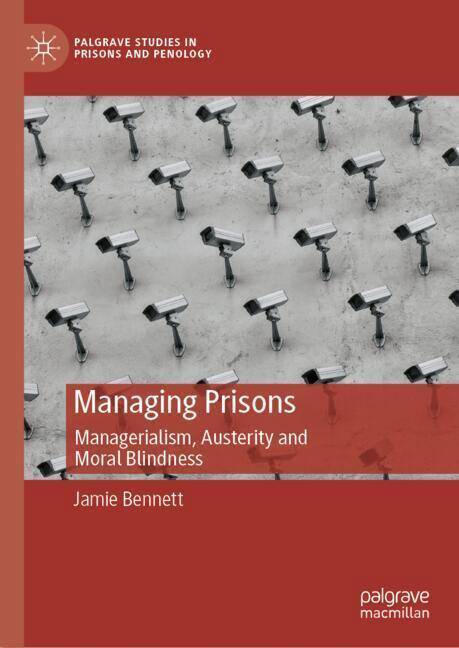
- Afhalen na 1 uur in een winkel met voorraad
- Gratis thuislevering in België vanaf € 30
- Ruim aanbod met 7 miljoen producten
- Afhalen na 1 uur in een winkel met voorraad
- Gratis thuislevering in België vanaf € 30
- Ruim aanbod met 7 miljoen producten
Omschrijving
This book critiques the practices of managerialism and their effects on those who live and work in prisons. It draws upon ethnographic research conducted in English prisons over a 15 year period, written by a former prison governor. Since the last years of the 20th century, public services in England have increasingly adopted managerial approaches with an architecture of target setting, surveillance and assertive line management. The book examines how this system was created and then evolved during the period of austerity after 2010 and was disrupted during the coronavirus pandemic of 2020-22. It proposes an alternative approach, re-energising the agency of prison managers, reinvigorating a more localised approach, and developing measures that address the lived experience of people in prison. This book will be of particular relevance to prison managers and policy makers, researchers interested in criminology, the sociology of prisons, and the sociology of work, as well as to post-graduate students exploring prison work.
Specificaties
Betrokkenen
- Auteur(s):
- Uitgeverij:
Inhoud
- Aantal bladzijden:
- 141
- Taal:
- Engels
- Reeks:
Eigenschappen
- Productcode (EAN):
- 9783031748486
- Verschijningsdatum:
- 9/11/2024
- Uitvoering:
- Hardcover
- Formaat:
- Genaaid
- Afmetingen:
- 159 mm x 216 mm
- Gewicht:
- 303 g

Alleen bij Standaard Boekhandel
Beoordelingen
We publiceren alleen reviews die voldoen aan de voorwaarden voor reviews. Bekijk onze voorwaarden voor reviews.











